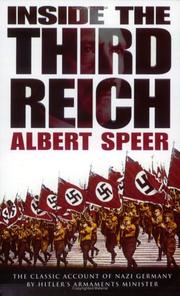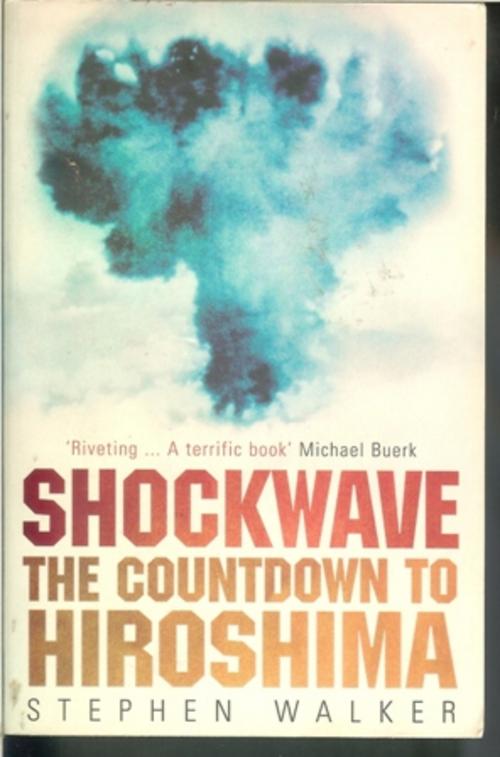We're talking about books we bought/acquired recently, so fuck it, that's on topic.

But maybe the book thread would be better, if mods want to tidy up... *shrug*
Beevor's D-Day book is a sprawling epic that goes into more detail than you'd think possible. Which is a good thing. :D Just a "minor" detail about the layout of the French countryside (i.e. "
bocage") explains so much about why the Allies found it so difficult, murderous and time-consuming to break out and get the Jerries on the run. That's just a tiny part of a great book. Enjoy.
That Armageddon book looks familiar, and so does the subject matter. I'm gonna take another look and remind myself if I've read it. If not, I'll order it - cheers! Looks right up my street. The way the Germans mobilised towards Total War is fucking insane and makes our efforts here look like we were just playing at it (in comparison, of course).
I do find it horrifically interesting that Churchill lobbied the Americans & Russians hard to delay D-Day, so the Russians would have no choice but to pour millions of lives into the eastern front meat grinder, making the war shorter and less destructive to the Allies when we did eventually invade. We were on the right side, no doubt, but Churchill had to make some pretty dodgy calls that were morally questionable. (And I'm glad he did...)
And yeah... the Americans didn't too badly out of the whole deal (apart from the lives lost, of course) - I mean the country as a whole in the postwar period. Lots of money was made out of the whole deal. Pity FDR went and died.
Ah well. :D




